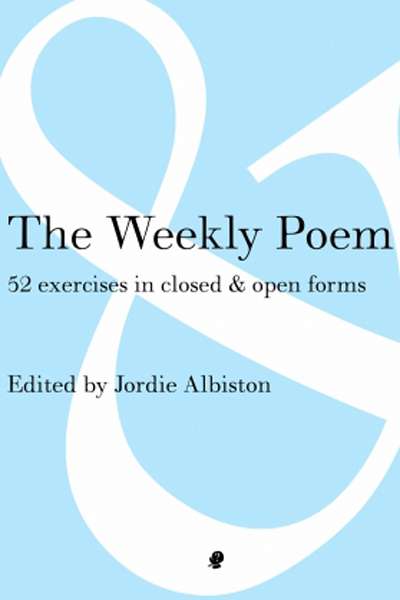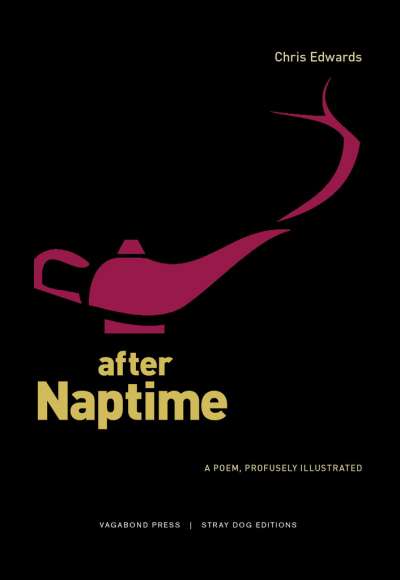Poetry
People who go in for the arts are often advised Don’t give up your day job. But what’s a suitable day job for a poet? A century ago many Australian poets made a meagre living as freelance writers for newspapers and magazines. Some even took up journalism full-time, writing their verses on the side. The old Bulletin, one of the wellsprings of Austra ...
Jessica L. Wilkinson won the 2014 Peter Porter Poetry Prize with ‘Arrival Platform Humlet', a phantasmagoria of typographical and lexical invention whirling around a tune of the same name by Percy Grainger. This book performs the same service for his whole life and oeuvre, to stunning effect.
Grainger (188 ...
Towards the equator: new and selected poems by Alex Skovron
Alex Skovron’s impressive volume of new and selected poems, Towards the Equator, drawn from all of his published work to date, shows him to be a writer of recurrent and abiding preoccupations. He cares passionately and sometimes rather fastidiously about culture (particularly European culture), and continually worries about words, books, and their import. H ...
As popular culture has long understood (hello Priscilla, hello Muriel), there is something queer about Australia. Michael Farrell’s latest collection of poems, Cocky’s Joy, rewrites Australia as a site of almost-inherent queerness. ‘Cocky’ is antipodean slang for a farmer, but the term’s evocation here is surely a camp subversion of traditional, mas ...
The Weekly Poem: 52 Exercises in closed and open forms edited by Jordie Albiston
Discussing the genesis of a poem, W.H. Auden told Paris Review that at any given time he had two things on his mind: ‘a theme that interests me and a problem of verbal form, meter, diction, etc. The theme looks for the right form; the form looks for the right theme. When the two come together, I am able to start writing.’ Australian poet Jordie Albiston ...
My first reaction on picking up Les Murray’s new collection, Waiting for the Past, was to note how handsomely produced it is ...
... (read more)Chris Edwards is an enigmatic presence in Australian poetry. Part of a generation of poets who came of age in the 1970s, he co-edited the short-lived Beyond Poetry (1974–76) but then abandoned publication for many years. With the onset of a new millennium, he unexpectedly re-emerged, publishing a series of chapbooks that culminated in his first full-length ...
Writers who move in mid-career from one literary genre to another often encounter resistance. Some turfs are well guarded. They can also misapprehend the new form they are planning to join. John Upton, who for almost thirty years has been a successful playwright and screenwriter, has made the difficult move seamlessly in this first collection of poems.
...Jennifer Maiden’s eighteenth book of poetry bears yet another title punning on war (remember Tactics, The Problem of Evil, The Occupying Forces, The Border Loss, Acoustic Shadow, Friendly Fire). Her umbrella themes – politics, power, evil, the public and private selves, war, and the role of art – are back. The title is ...
With Axis, his first full-length publication, a.j. carruthers explicitly aligns himself with the lineage of the long poem. It is a bold move, if we consider that the major exponents of the form, from Ezra Pound to Anne Waldman, had invariably produced significant bodies of work prior to embarking on their poetic marathons. But ambition is fundamental to the long poem, and Axis, comprising thirty-one extended sequences and billed as ‘Book the first’, certainly outstrips Pound’s inaugural efforts – a mere sixteen Cantos issued in 1925 – by a country mile.
... (read more)








